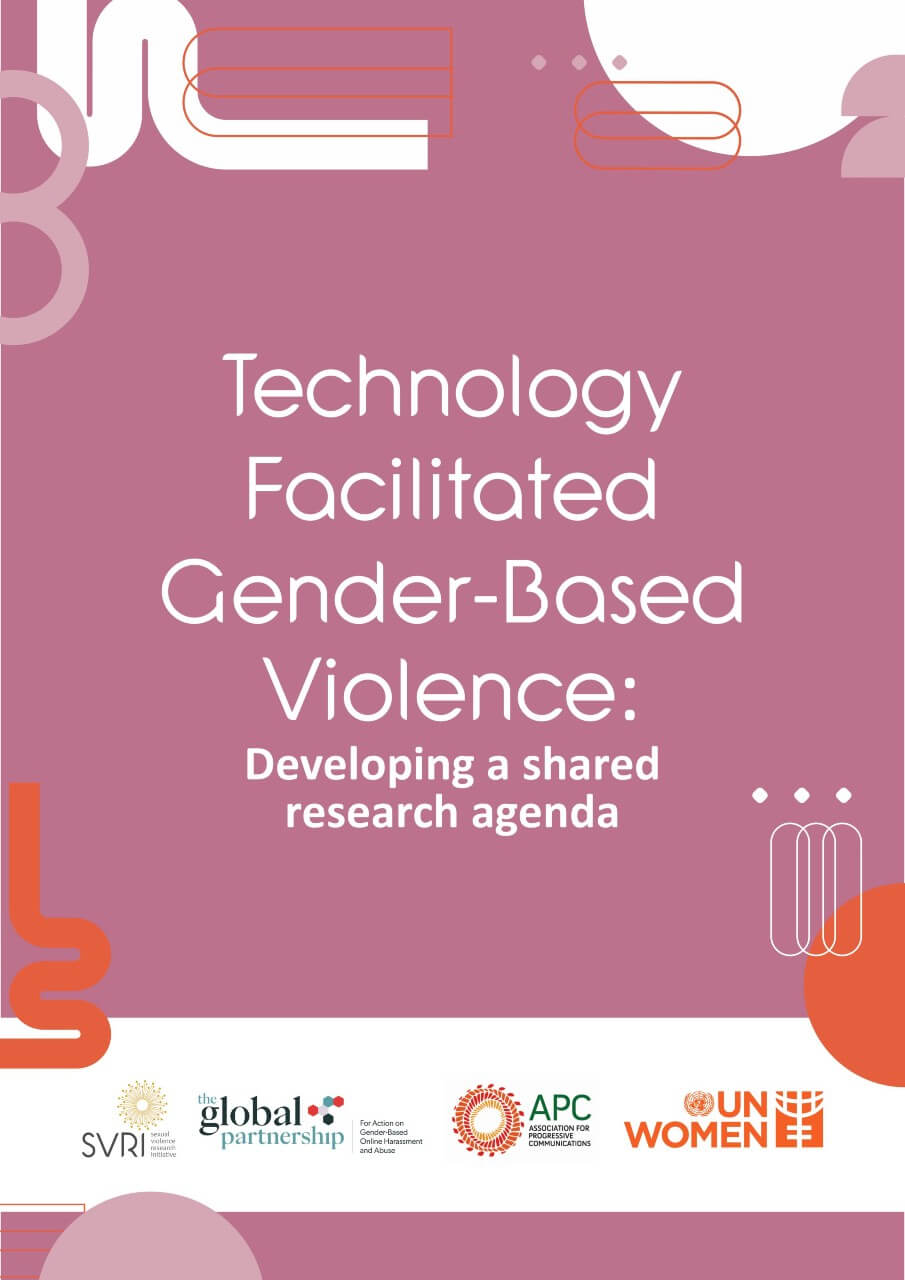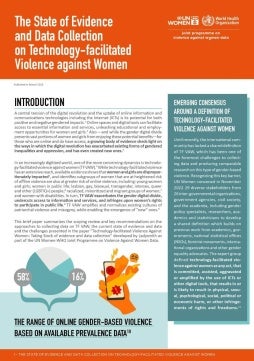Technology-facilitated gender-based violence: Developing a shared research agenda
Key knowledge gaps can hamper delivery of effective response and prevention programmes. There is little comparable, reliable data on the prevalence, forms, impact, and drivers of technology-facilitated gender-based violence (TFGBV) across different global regions and social intersections. There is limited data on the links between online and offline violence, although we know from many women’s experiences that such links exist.
We do not know enough about who the perpetrators of TFGBV are, or about how much is perpetrated by intimate partners and known entities as opposed to organized and networked forms of attack. We do not know what works to deter or change abusive behaviour online, and there is little knowledge of the role and impact of legislation (and its implementation), regulation, or big tech in addressing this issue. The unfortunate realities of TFGBV are moving fast. Thus, we must deal with how to address victimization and perpetration and respond in real-time, while we innovate to prevent it.
Co-creating a set of research priorities for the field can help address the knowledge gaps, bring more diverse voices into the discussions, and move the field forward in a more coordinated manner. This is why the Sexual Violence Research Initiative, the Association for Progressive Communications, UN Women, and the Global Partnership for Action on Gender-Based Online Abuse and Harassment have joined hands and co-facilitated a process to identify a set of research priority recommendations for addressing the global problem of TFGBV through a transparent, methodologically sound, comprehensive, and inclusive process.










